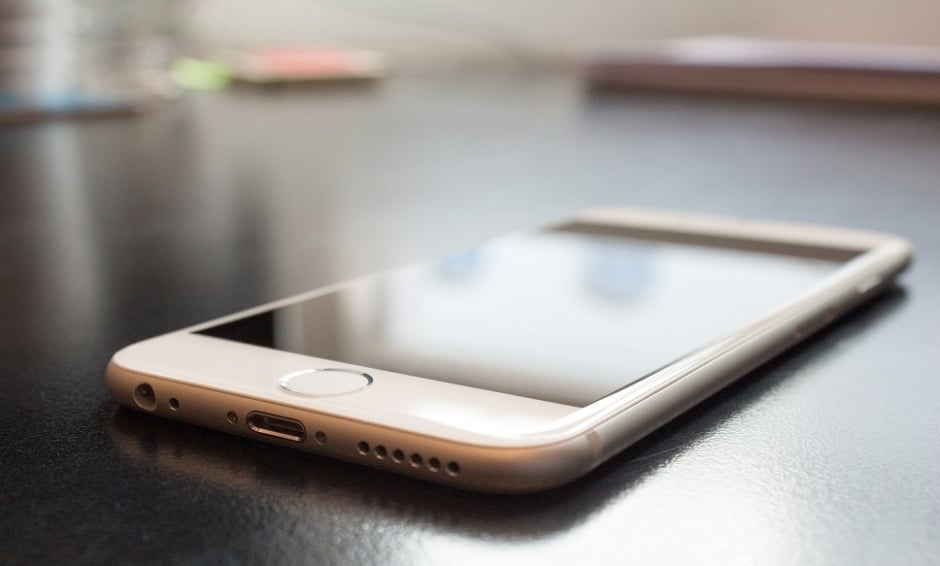SCHOOL-AGE children with access to a media device close to their bedtime have been linked to having poorer sleep quality, inadequate sleep quantity, and excessive daytime sleepiness.
These are the findings of a new study led by Dr Ben Carter at the King’s College of London, London, UK. In a systematic review of previous research, Dr Carter and his team looked at children who had a media device such as a smartphone or a tablet nearby in their bedroom at night before going to sleep. To measure the association between the exposure to a media device and its influence on sleep, they compared these children to those with no access to these devices in the bedroom environment. Access to a media device fewer than three times a week was also categorised as having no access in the study.
The team looked at a total of 20 studies involving 125,198 children with an average age of 15 years old. From seven of the studies, which included 6,869 children, the team reported a prevalence of inadequate sleep quantity in 45.4% of the children who had access to a media device and 31.5% of those who did not. Inadequate sleep quantity was defined by the researchers as having <10 hours of daily sleep for children and <9 hours of daily sleep for adolescents.
In five studies involving 2,821 children, the prevalence of poor sleep quality was reported at 52.1% for those with access and 34.4% for those without. Poor sleep quality was described as frequent difficulty in getting to sleep, staying asleep, or sleep being non-refreshing. Finally, for excessive daytime sleepiness, or poor daytime functioning because of sleep quantity and quality, the team reviewed two studies involving 2,089 children. They found prevalence rates of 21.3% in the children with access to media devices and a rate of 6.7% in those who did not.
Dr Carter and his team concluded that the study supports recommendations that interventions should be developed to reduce the use of media devices by children close to their bedtime. “Specifically, we support age-specific guidance for media device access and use and parent-led initiatives to reduce device access and use in collaboration with teachers and healthcare professionals,” they wrote.
Jack Redden, Reporter








